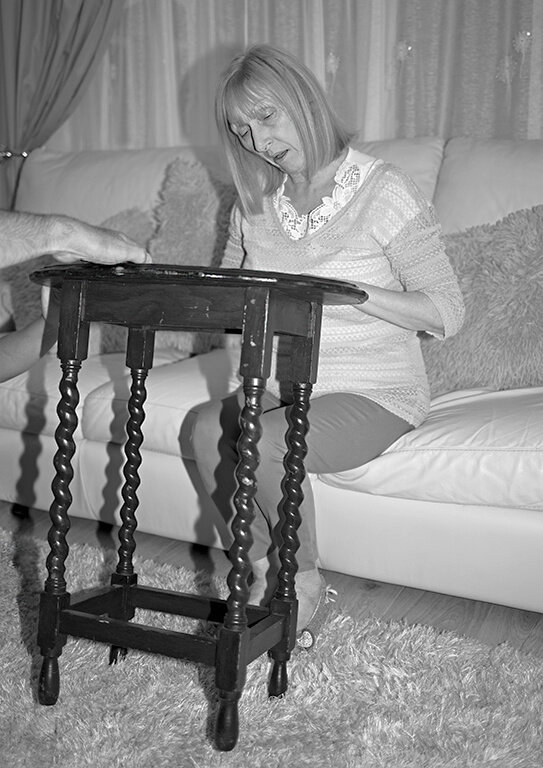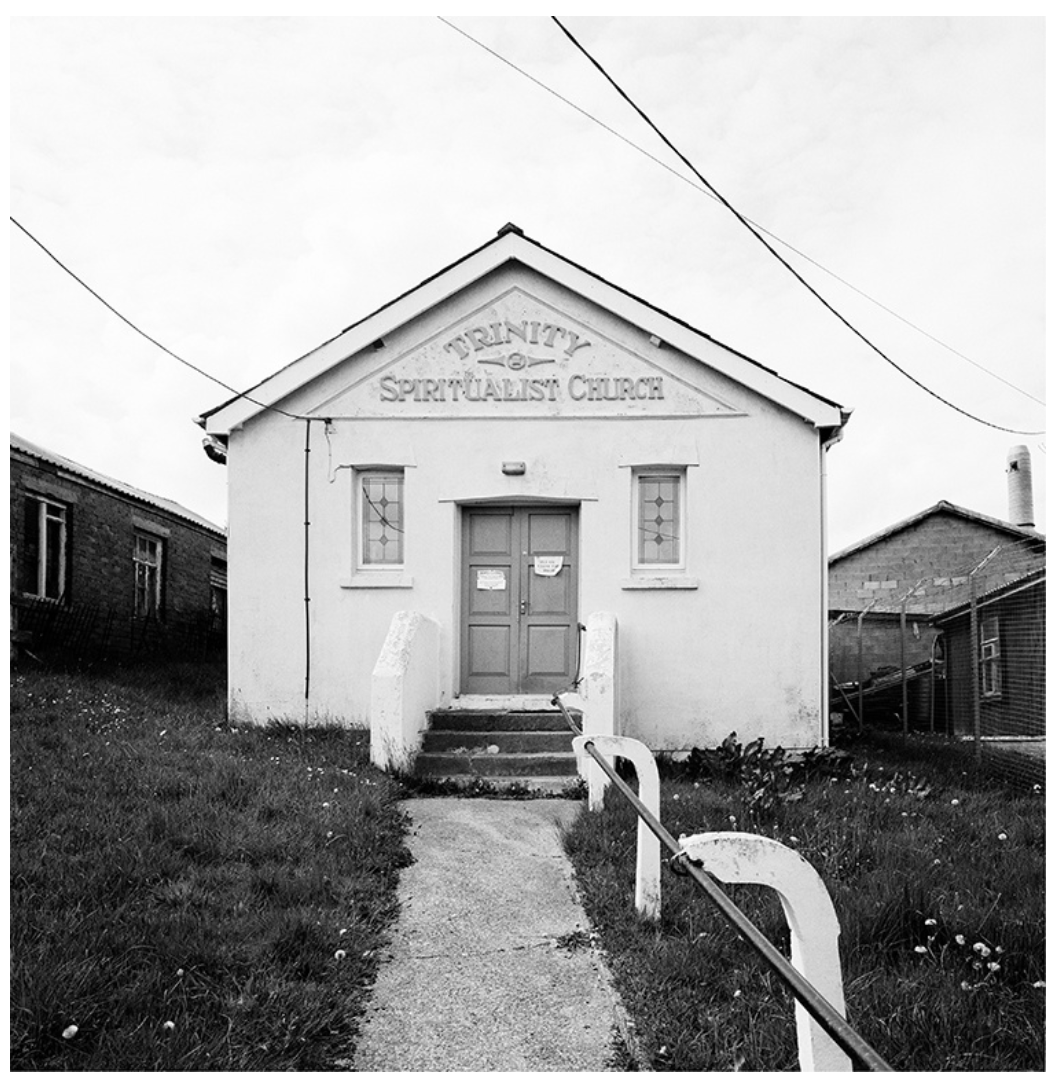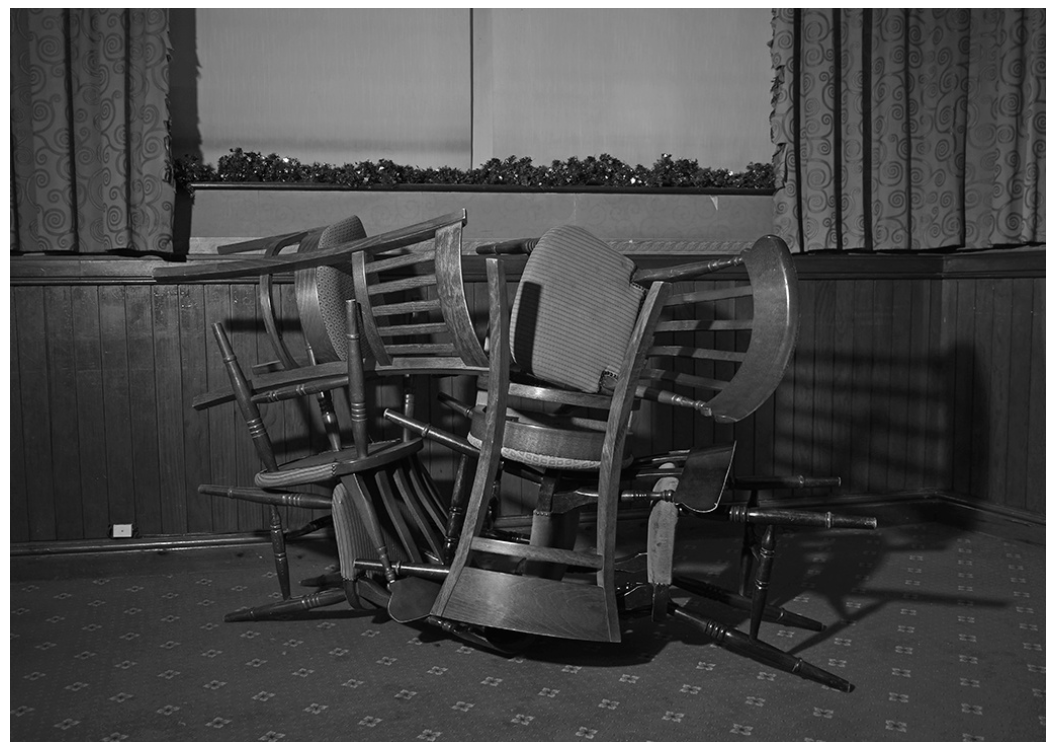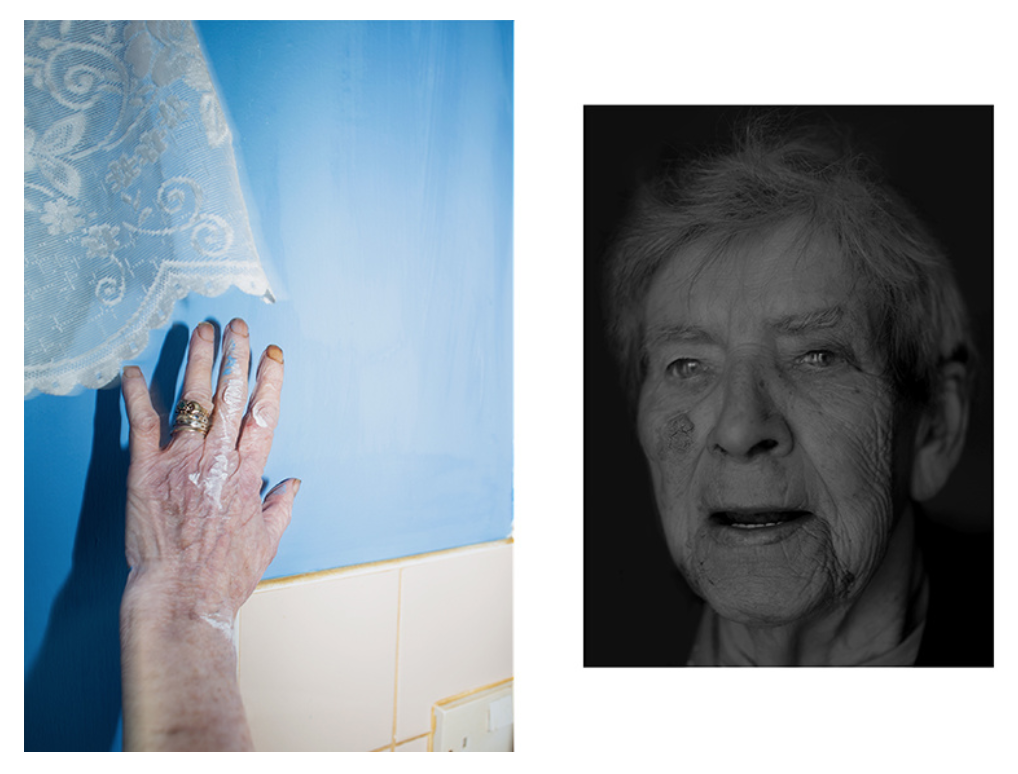Photographer Kelly O’Brien shared her experience as a photographer during a virtual talk with us.
Finding photography at aged 18, O’Brien was inspired by 1800s paintings, the time of the romanticism movement. The working class were not shown in paintings like these, as they were more for middle and upper class families. The idea of communism is a unnerving concept and this sparked an interest in O’Brien to create work related to the idea of communism.
Her project ‘Osman’ was the turning point in O’Brien’s photographic practise. After Osman’s death which occurred due to the social neglect he felt and sadly committed suicide, Kelly started to document social change. She wanted to help those like Osman cope within society. She spent 5 years travelling around joining activist groups, meeting a range of people who were suffering, and she stated that she did not feel comfortable photographing these people that were in a bad way.
An interesting point that O’Brien bought up was the idea that those who photographed the migrant crisis were white and privileged. This bought exploitation into the equation because we had control over what was shown to the rest of the world. This made me think about what I had seen in regards to the migrant crisis. What I witnessed was a lot of negativity within the media, showing images of those suffering, trying to get away from danger within their own country. It makes me think could we have done more to help if the media hadn’t been so vague about the crisis and showed how we could have offered support?
When O’Brien returned home she created her project ‘Sacred Hearts,’ a political and personal documentation between her mother and grandmother. Thinking about the ideas of gender and class identity, she bases the work in the houses she grew up in. Doing this, O’Brien documents her own take on her historical landscape and did so in an intimate way. Growing up in a council estate in Derby, this usually has negative stigmas around it. However the intimacy give the entire project a different feel and the location and housing does not matter. She also has other works ‘Are You There,’ which surrounds her family life in response to not knowing her father. All these have stereotypical social class upbringings behind them.
Are You There



